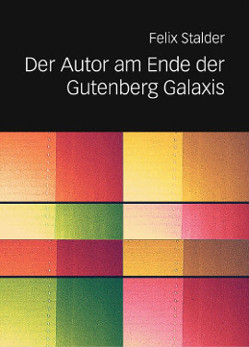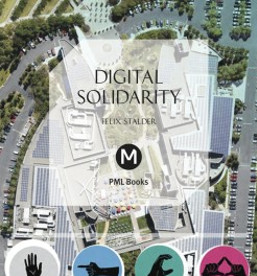Das Problem der "Privatsphäre". Rede beim Jubiläum 25. Jahre Datenschutzgesetz im Kantons Zürich
29 January, 2020 - 15:25 by felix
Vortrag von Felix Stalder,
Jubiläum, 25 Jahre Datenschutzgesetz,
ZH, 28.01.2020
Sehr geehrte Damen und Herren,
Mich begleitet das Problem der Privatsphäre unter den Bedingungen der Digitalität schon fast so lange, wie wie es das Datenschutzgesetzes des Kantons Zürich gibt. Die Jahrtausendwende verbrachte ich als PhD Student in Toronto, und arbeitete danach als Postdoc am Surveillance Studies Centre, ebenfalls im Kanada. Damals beschäftigten uns drei grosse Themen: Die feinmaschige Überwachung des öffentlichen Raums durch Videokameras; die nach den Anschlägen auf das World Trade Center in New York geplante Einrichtung einer nationalen Identifizierungskarte zur konsistenten Identifizierung der Menschen im Landesinneren; und, drittens, die detaillierten Profile, die Unternehmen anlegten, sowohl über ihre Kunden als auch über die Bevölkerung als ganzes, immer im dem Ziel, ihre Angebote möglichst so auszurichten, dass unterschiedliche Personen unterschiedlich behandelt werden konnten. Für einige verbesserten sich die Angebote, für andere wurden sie schlechter. Damals hiess das “customer relationship management”, heute nennt man das “Personalisierung”.
Das Internet und Mobiltelefone spielten noch eine untergeordnete Rolle, weil die Internetinfrastruktur noch nicht auf Datensammlungen hin gebaut war, ganz im Gegenteil, Internet Kommunikation erschien noch als weitgehend anonym und digitale Identitäten frei konstruierbar und die Telefone, na ja, die waren noch von Nokia.


















